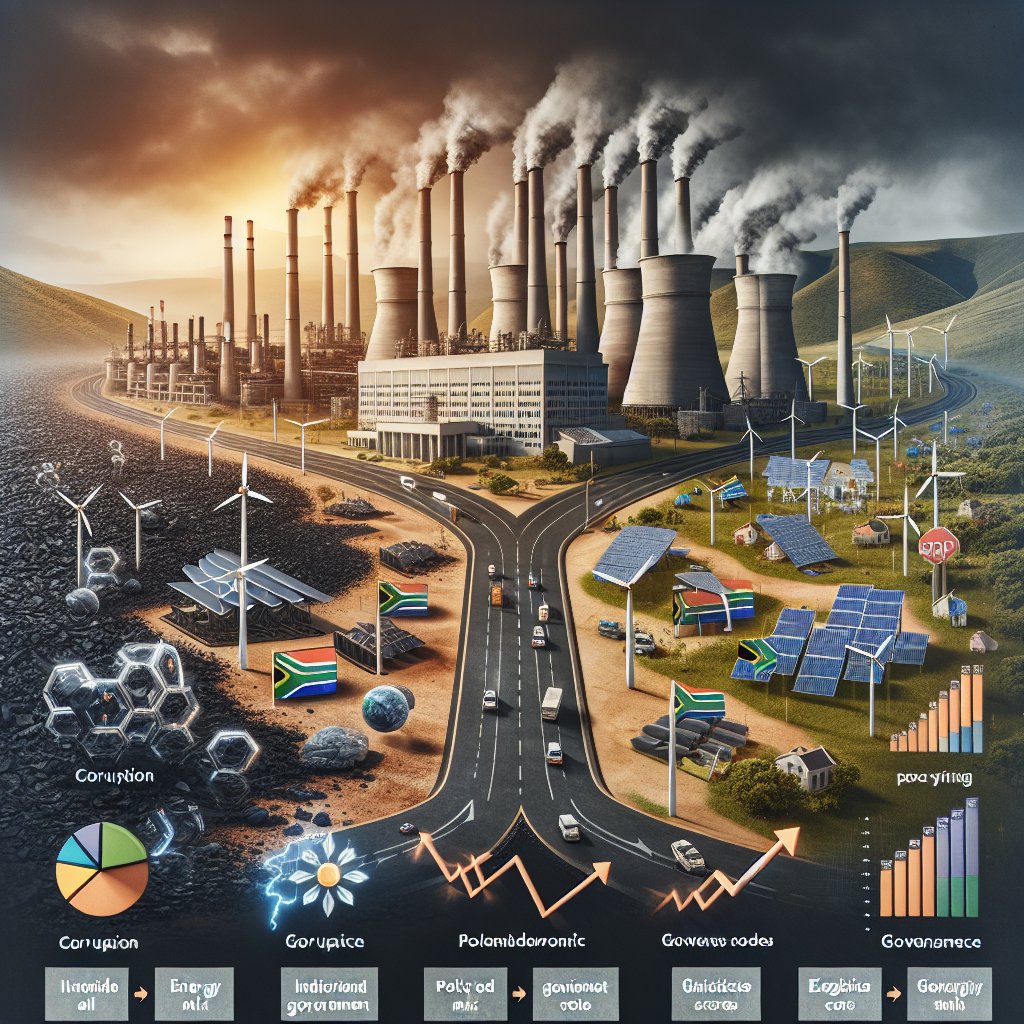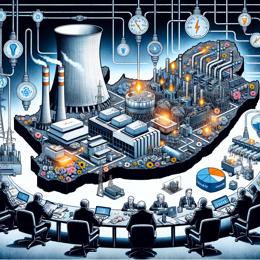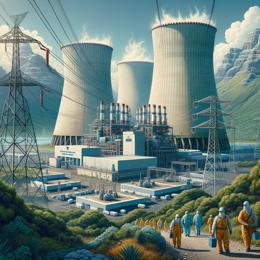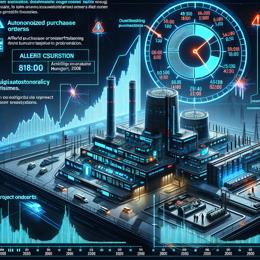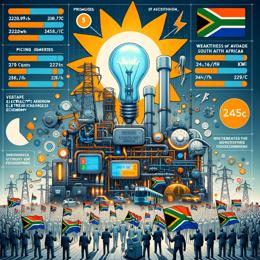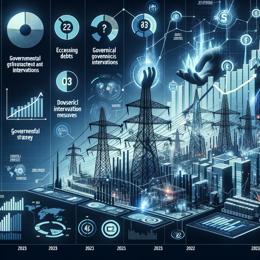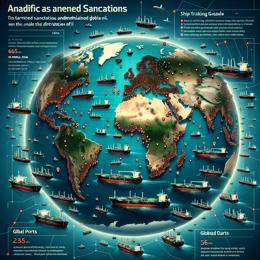Image created by AI
The Corrosive Effect of Corruption on South Africa's Clean Energy Transition
South Africa's energy landscape is at a crossroads, with corruption emerging as a major obstacle thwarting the transition to renewable energy sources. A recent paper highlights how the quality of institutions and perceptions of corruption significantly impact South Africa's clean energy trajectory.
The study, based on an econometric model, merges statistics with economic theory to dissect and delineate the intricate links between economic variables. Its findings paint a stark picture: greater institutional trust begets a more substantial uptake of renewable energy, while perceptions of corruption stymie enthusiasm and potential investments in this sector.
For decades, the energy backbone of South Africa has been solidly coal-based, with coal accounting for nearly three-quarters of the primary energy mix. However, a gradual yet positive trend has emerged — coal's dominance has ebbed slightly while renewables have inched forward, now representing about 2.3% of the total energy mix.
Several pivotal moments in recent history catalyzed this shift towards renewable energy. The tumultuous economic terrain following the 2008 global financial crisis, along with policy changes, leadership shifts at both the national level and within the state power utility Eskom, power outages, and swelling electricity costs, were all factors contributing to the reevaluation of the country's energy policies.
The econometric modelling centered on historical data, juxtaposing the energy mix against governance scores to assess how perceptions of institutional quality affect renewable energy adoption.
The study utilized three World Governance Indicators to represent institutional quality:
1. Corruption perception index
2. Regulatory quality
3. Government effectiveness
Interestingly, the study revealed a two-sided consequence of governance. On the one hand, when governance scores peaked, renewable energy production soared — indicative of a robust, positive correlation with corrupt-free institutions. On the other hand, the study found that effective regulation — ironically — could delay the adoption of renewable energy, primarily because historical regulatory decisions have largely favored the status quo of fossil fuel reliance.
Moreover, the paper uncovered that entrenched ties between stable governments and conventional energy sectors could prejudice policy-making, potentially sidelining the interests of emerging renewable energy initiatives. Concerningly, even with South Africa's ambitious Integrated Resource Plan 2023, which promises a diversified energy future that includes gas, solar, wind, and battery storage, the pace of shifting to renewable energy has been lethargic.
The hurdles are multifaceted, ranging from slow procurement processes to the specter of corruption that overshadows trust in the country’s institutions. Without a concerted effort to combat these issues, the adoption rates of cleaner energy sources are likely to continue lagging.
Policymakers, therefore, stand at a crucial juncture. Efficient procurement procedures, regulatory reforms, transparent governance, and fostering competition are imperative for the accelerated transition to renewables. Shared visions of a clean energy future are not sufficient — it is the integrity and effectiveness of institutions that will enable or inhibit this transformation.
This article is not merely an admonition but a call to action, a plea for honesty, transparency, and commitment to the common good over entrenched, often corrupt, interests. As South Africa reckons with its energy future, the true test will be whether it can clean not just its power sources but the governance systems that oversee them.
